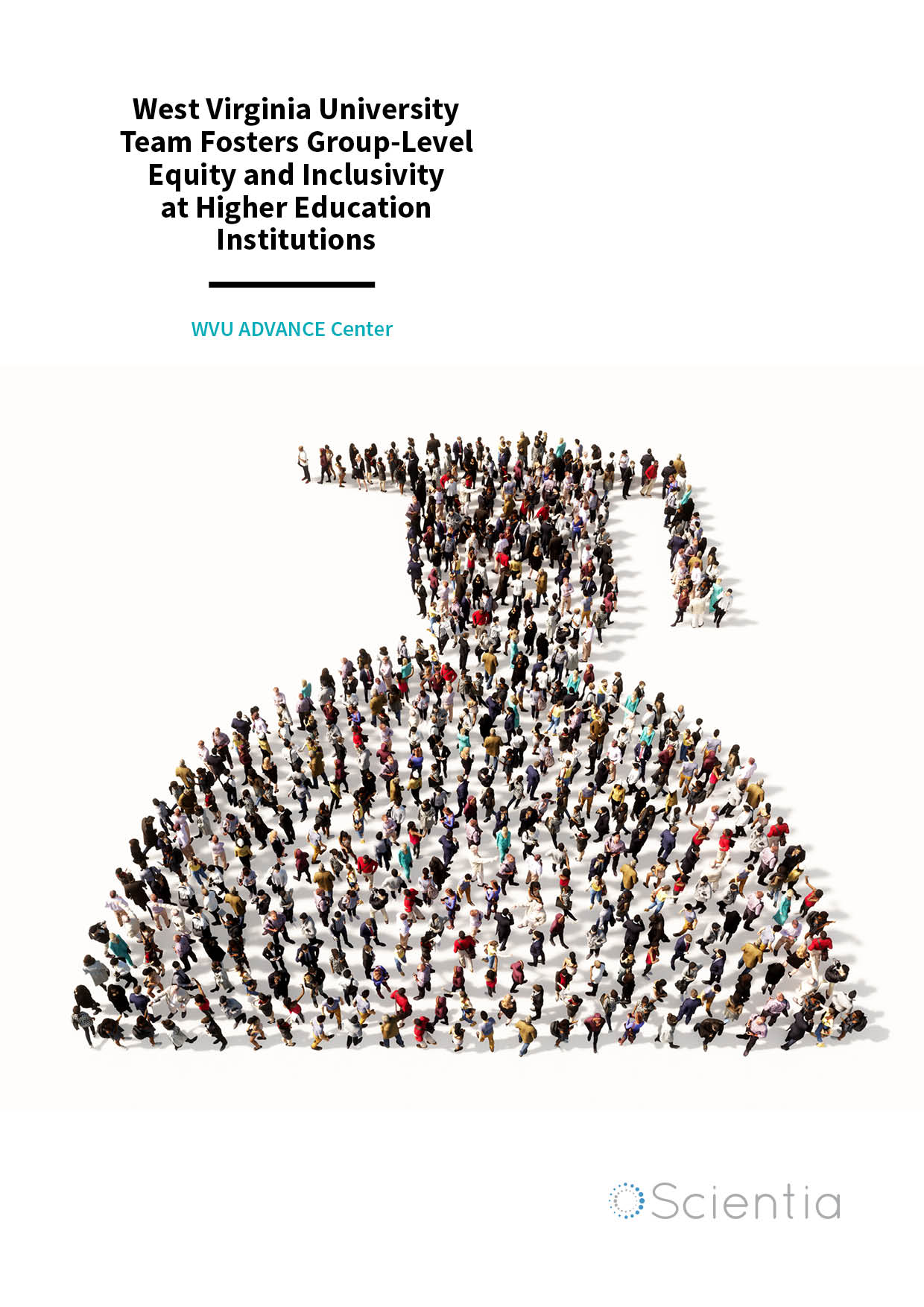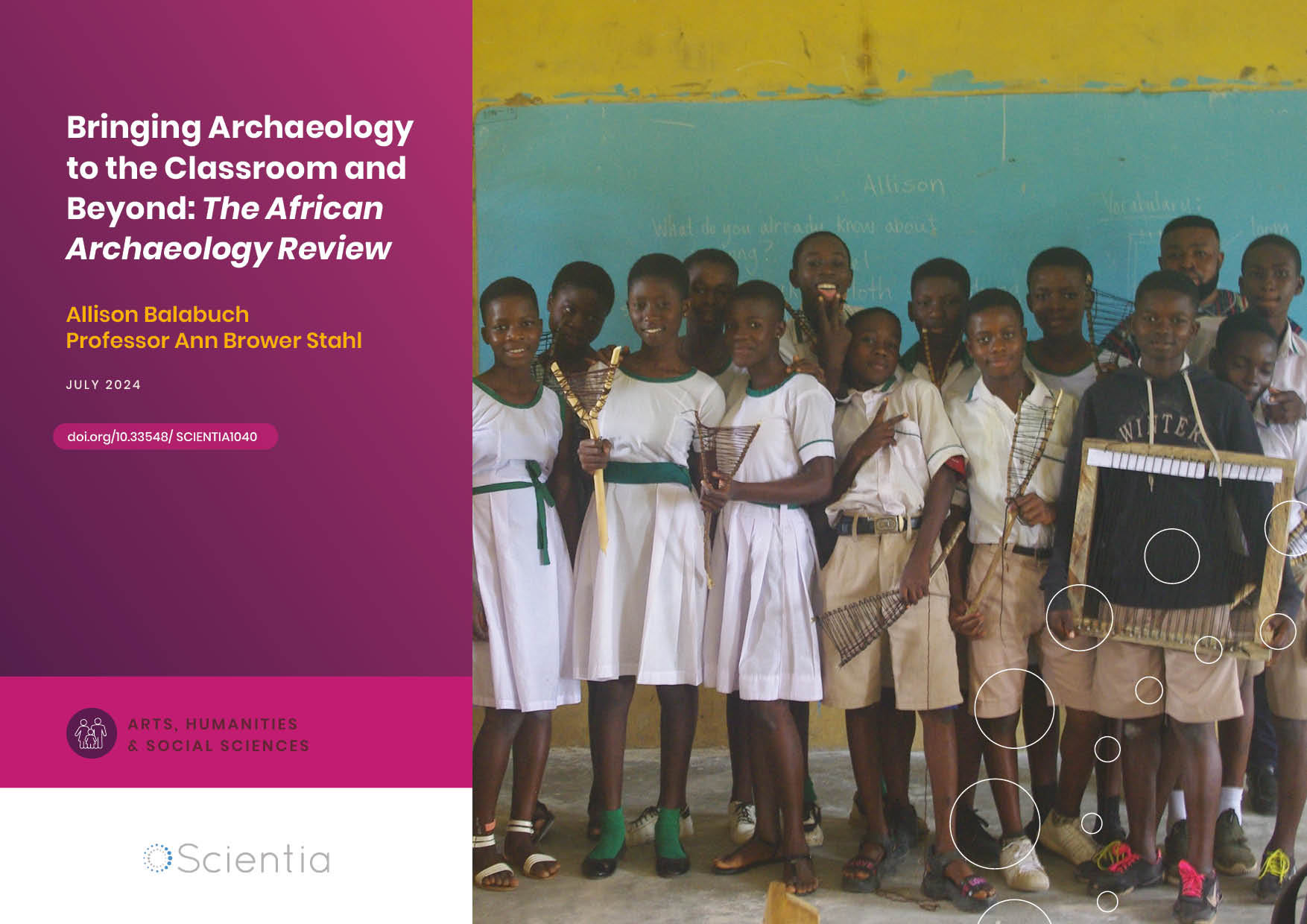Scientistt: Cultivating a Community of Passionate Young Researchers
 Scientistt is a new networking platform for PhD students and early-career researchers, where they can connect with others in similar fields, share their work, and access up-to-date information about conferences, funding and training opportunities. In this exclusive interview, we speak with Hassan Mahmudul, Scientistt’s CEO and founder, and Callum Elson, head of marketing, who tell us all about this thriving new community, and their hopes for the future.
Scientistt is a new networking platform for PhD students and early-career researchers, where they can connect with others in similar fields, share their work, and access up-to-date information about conferences, funding and training opportunities. In this exclusive interview, we speak with Hassan Mahmudul, Scientistt’s CEO and founder, and Callum Elson, head of marketing, who tell us all about this thriving new community, and their hopes for the future.
Tell us when and why you founded Scientistt.
Hassan: As a research student at Durham University and in a leading research institute in Austria, I found that there is a lack of transparency regarding research life. The brightest minds are working to solve
humanity’s biggest problems, but working in research can be a lonely profession. In fact, a recent study by UC Berkley has shown that almost 50% of PhD students meet the criteria to be categorised as depressed.
Researchers have three sources of information about work done in their chosen field: published literature, conferences, and their supervisor. Literature reviews, whilst essential, can only reveal completed work; relevant conferences do not happen every week; and supervisors mostly rely on these same sources. It is very easy to become focused on the specifics of your own work and to lose a sense of what other related work is currently being conducted, especially by other graduate researchers.
Networking is an essential part of the research process to promote collaboration, generate new ideas, and prevent duplication of effort. I set up Scientistt in March 2020 to provide a platform for a community of passionate students and researchers where they can connect with others, voice their opinion, and get recognition for their work.
Why is networking such an essential part of the research process, and how does Scientistt facilitate effective networking?
Callum: Networking is an essential part of the research process to promote collaboration, generate new ideas, and prevent the duplication of effort. Moreover, it is becoming increasingly useful as a means for students and researchers to support one another, maintain positive wellbeing and gain recognition for their work. Scientistt allows the global research community to come together on one platform, and provides all the necessary services to aid their connectivity.
Who makes up your membership, and how can researchers sign up?
Callum: The Scientistt community is comprised of PhD students and researchers from over 50 different institutions around the world, and is free to sign up. Members can create and join interest-based groups and pages to interact with others that are similar to them.
How does Scientistt differ from other academic platforms and networking sites?
Callum: Unlike other platforms that are aimed towards established academics, Scientistt is uniquely aimed at students, and early career researchers, although remains accessible to all. Whilst other websites function around the submission of pre-prints and citing publications, Scientistt is a networking tool and encourages members to develop skills that are suited to both academic and non-academic careers. Through blog posts, weekly virtual networking events, interest-based groups and the journal, members can engage and interact with new people.
‘I set up Scientistt in March 2020 to provide a platform for a community of passionate students and researchers where they can connect with others, voice their opinion, and get recognition for their work’ – Hassan

How do you plan to grow your membership in the near future? What’s your ultimate vision for the platform?
Callum: There is no recipe for overnight success, and so we understand that it may take some time to grow the Scientistt platform in to the thriving global community that we aim to achieve. However, membership to the platform is increasing at a promising rate, with over 1200 sign ups in our first two months since launch. Our new weekly virtual networking events are a way that members of the community can meet through the screen and have conversations that are more personal than those that are typed on the keyboard. This, along with our growing number of partnerships with companies such as Science Diffusion, will hopefully spread the word of Scientistt to more and more people.
How do you keep the information on the site, such as newly-announced conferences, job opportunities and grant calls, up-to-date and easy to access?
Callum: We take a lot of pride in the fact that nearly all of the content generated for the Scientistt platform is contributed by members of the community themselves, allowing only information and events that have proven validation and interest to take up space. For example, most of the conferences in our database have been recommended to us by Scientistt members, who believe that other members of the community may find value in attending.
Presumably, networking through Scientistt is particularly important at present, as no conferences or meetings will be taking place for the foreseeable future. How have you helped your members to remain connected and productive throughout the COVID-19 pandemic?
Callum: Due to the current global situation, many in-person events and conferences have been cancelled or postponed, making it even harder for members of the research community to interact.
In response to cancelled conferences, we launched a Virtual Research Poster Competition, which allowed students to display the work they had planned to showcase at a local event. The competition received over 80 entries across its categories, and 30 shortlisted posters were open for public vote. Additionally, we have recently launched a weekly Virtual Networking Event, with limited tickets for those that wish to chat for a short period with others from the community. We’re hoping that both of these methods will help students and researchers through the difficult period ahead.
Reference
https://doi.org/10.33548/SCIENTIA517
Creative Commons Licence
(CC BY 4.0)
This work is licensed under a Creative Commons Attribution 4.0 International License. 
What does this mean?
Share: You can copy and redistribute the material in any medium or format
Adapt: You can change, and build upon the material for any purpose, even commercially.
Credit: You must give appropriate credit, provide a link to the license, and indicate if changes were made.
More articles you may like
Dr Ralf Adam | New Technologies Shaping the Future of Oral Hygiene
Understanding the efficiency of various toothbrush technologies is essential for achieving optimal oral health. Dr Ralf Adam, who leads a dedicated team at Procter & Gamble in Germany, is keen to investigate the complexities of these technologies. His team have provided new insights into the best toothbrush types for plaque removal and the maintenance of gum health. By highlighting the importance of informed oral care decisions and ongoing investigations, this vital research works towards ensuring everyone can achieve a brighter, healthier smile.
WVU ADVANCE Center | West Virginia University Team Fosters Group-Level Equity and Inclusivity at Higher Education Institutions
Despite ongoing efforts to broaden participation in the academy, many groups remain underrepresented. More needs to be done to ensure that all faculty and students succeed in institutions of higher education. The WVU ADVANCE Center is an academic hub at West Virginia University, which provides services, events, mentorship opportunities, and other initiatives that promote the sense of belonging that leads to thriving faculty and students.
Dr Olalla Castro-Alvaredo | Measuring Entanglement: Symmetry-Resolved Entropy
Dr Olalla Castro-Alvaredo of the City University of London (UK) and her collaborators are advancing our understanding of an important phenomenon of quantum mechanical systems known as entanglement and, especially, its mathematical measures. Symmetry-resolved entanglement entropy is one such measure. Their study focuses on special quantum states which are excited with respect to a ground state. The research shows how the entanglement amongst quantum particles can be measured and assesses the contribution to the entanglement of quasiparticle excitations, particularly in the presence of additional symmetries.
Allison Balabuch – Professor Ann Brower Stahl | Bringing Archaeology to the Classroom and Beyond: The African Archaeology Review
The African Archaeology Review (AAR) journal recently celebrated its 40th anniversary. To mark this occasion, a special issue was compiled with an innovative theme: Archaeology for Education. To achieve this, the AAR editorial team assembled a group of academic researchers in archaeology with the proposition of writing articles collaboratively with educators that would make their research centred on Africa’s rich pasts accessible for use in school learning. The goal is to change the stories we tell about Africa both within and outside the continent.




